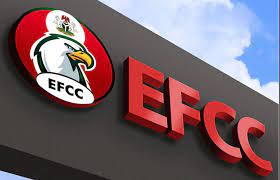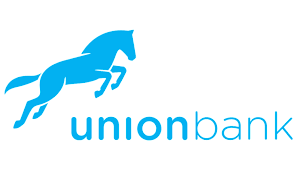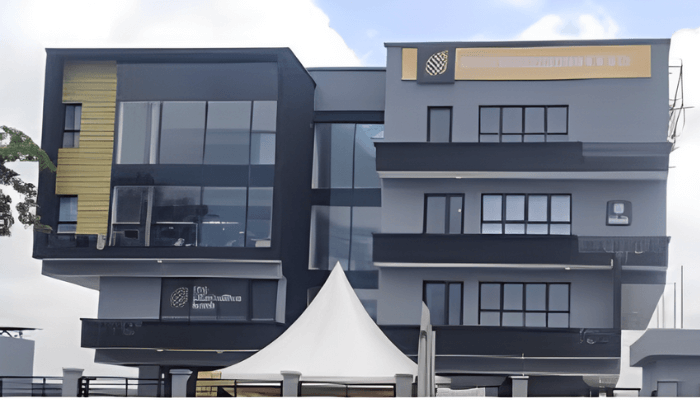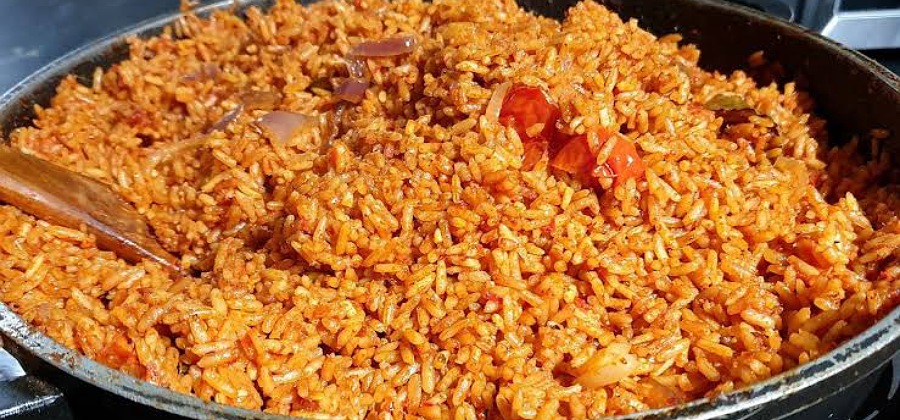By Ayomide Otitoju
The average cost of preparing a pot of jollof rice in Nigeria has soared to N25,486 as of March 2025, marking a 19 percent increase from N21,300 recorded in September 2024, according to the latest SBM Jollof Index report titled “Staple Under Stress”. The index, compiled by SBM Intelligence, tracks the cost of making jollof rice—a staple dish for Nigerian families—and serves as a barometer for broader food price trends across the country.
SBM Intelligence attributes the sharp rise to escalating prices of key ingredients, notably pepper, onions, turkey, beef, and rice. Protein sources have seen the most dramatic increases, with turkey now retailing between N8,000 and N10,500 per kilogram, a steep climb from N1,500 to N1,700 in 2016[5]. The report also highlights that ongoing insecurity in food-producing regions, persistent supply chain disruptions, high transportation expenses, and increased energy costs are compounding the crisis.
“Petrol prices remain elevated, and electricity tariffs for Band A users have risen, further straining household budgets,” the report noted. “Insecurity, including attacks on farmers in Benue, Borno, and Plateau States, continues to disrupt agricultural activity and limit local food supply”
The SBM Jollof Index, which surveyed 13 major markets nationwide, revealed that while some regions experienced brief price stability in late 2024, the majority saw significant surges by early 2025. Regional disparities were pronounced, with Port Harcourt leading the increases at 55.1 percent (N20,400 to N31,650), followed by Kano at 53.8 percent (N19,020 to N29,250), and Bauchi at 34.9 percent (N23,470 to N31,650)[5]. Urban centres such as Lagos’ Trade Fair Market also saw notable hikes, with a 21.2 percent rise, while Abuja’s Wuse II and Nyanya markets recorded more moderate increases of 7.8 percent and 7.6 percent, respectively
A handful of markets, including Bodija and Dugbe in Ibadan, bucked the trend with marginal declines, attributed to improved local harvests
The report underscores that the persistent rise in jollof rice costs is symptomatic of broader systemic challenges—ranging from fuel price hikes and insecurity to climate shocks and logistical bottlenecks—that are deepening food insecurity for millions of Nigerians. SBM Intelligence warns that unless targeted interventions are implemented to stabilise food supply and monitor markets, the affordability of basic meals will continue to erode, especially for urban and peri-urban households










